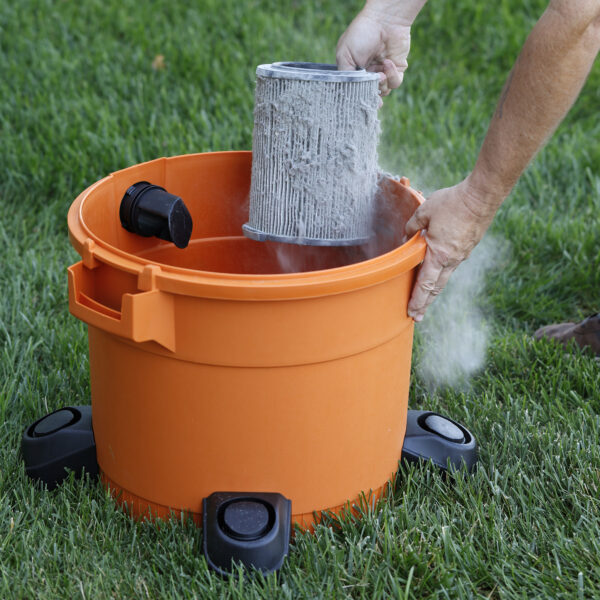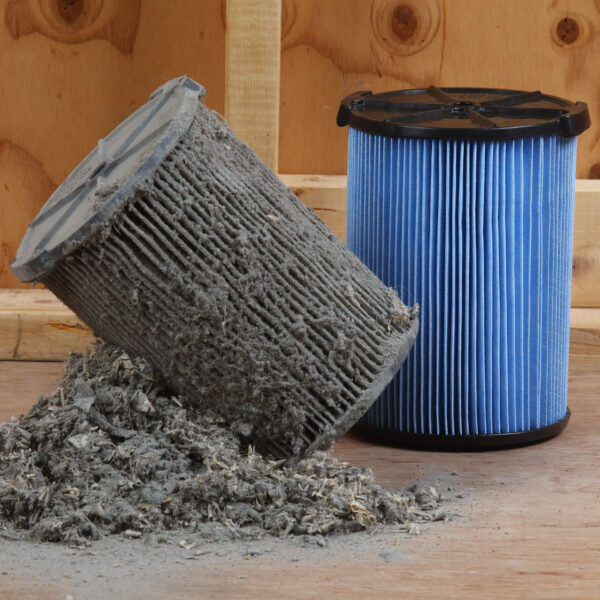Indoor Air Quality

You probably don’t think about this often. You’re sitting in the comfort of your home yet you’re being inundated with factors that may harm your health. Think about the air we breathe. It’s likely full of particles that trigger things like asthma and allergic reactions. Dust, mold, pollen, and bacteria, invisible to the human eye, come from many different sources and quickly travel from one environment to the next.
Factors Influencing Indoor Air Quality
A few of the key factors in indoor air quality to consider around your home are:
- Humidity
- Ventilation
- Household Chemicals
- Gases
- Dust, Molds, and Pollens
- Pesticides
- Construction and Building Materials
Are you thinking about how many of these items could be impacting your health as you sit in your home?
Air Quality and Health
Air quality is incredibly important. Cleaning for appearance removes “big” visible soil, rather than cleaning for health removes “small” invisible bacteria, dust, and airborne particles that largely contribute to unhealthy indoor environments. This is one of the reasons why we recommend using the finest filtration RIDGID filters have to offer, to help keep your home, vehicle, garage, workshop, or jobsite clean. We want to keep you healthy as well. Even the fine particles not seen affect Indoor Air Quality and the occupants. It is important to capture and remove dust and particles to improve the health and safety of you, your family and friends, and others that may enter your home or workspace.
Inhalable coarse particles or PM10 has the greatest health effect. These are particles that are less than 10 Microns in diameter. Due to their size, they can easily pass into airways and into your lungs. As a reference, a human hair is 50-70 Microns in diameter.
According to the American Lung Association, breathing in high levels of PM10 has been found to cause or is likely to cause the following:
- Death from respiratory and cardiovascular causes, including strokes
- Increased number of heart attacks, especially among the elderly and in people with heart conditions
- Increased hospitalizations for cardiovascular disease, including strokes and congestive heart failure
- Increased breathing difficulty and need for asthma inhaler
- Hospitalization for asthma among children
- Aggravated asthma attacks in children

Cleaning Shop Vacs and Filters
When cleaning up with a RIDGID Wet/Dry vacuum, it’s always suggested to use a RIDGID Fine Dust Filter or RIDGID HEPA Material Filter. Using these filters will reduce particles from returning to the environment, like your home. Furthermore, a RIDGID Dust Collection Bag will reduce clouds of coarse particles from entering the air when the debris is emptied from the vac’s drum.
In modern cleaning, vacuuming daily is one of the most effective methods for capturing and containing dirt and debris. High efficiency vacuums have been designed to provide a high rate of suction through a filter, which filters out visible dirt and the things people can’t see, such as allergens, fungal spores, and even some bacteria.
It’s important to note that vacuums and filters perform at different levels and there are many factors that come into play. You should check your filter before and after each use to determine if the filter needs to be emptied, cleaned, or replaced. Clogged or dirty filters will reduce air flow and result in poor suction.